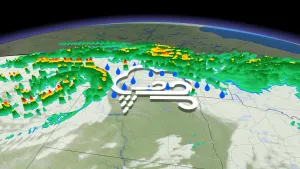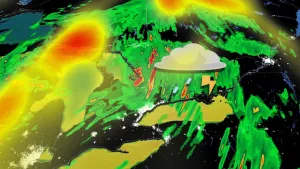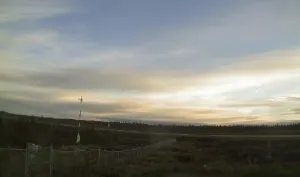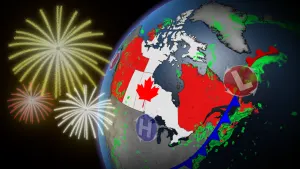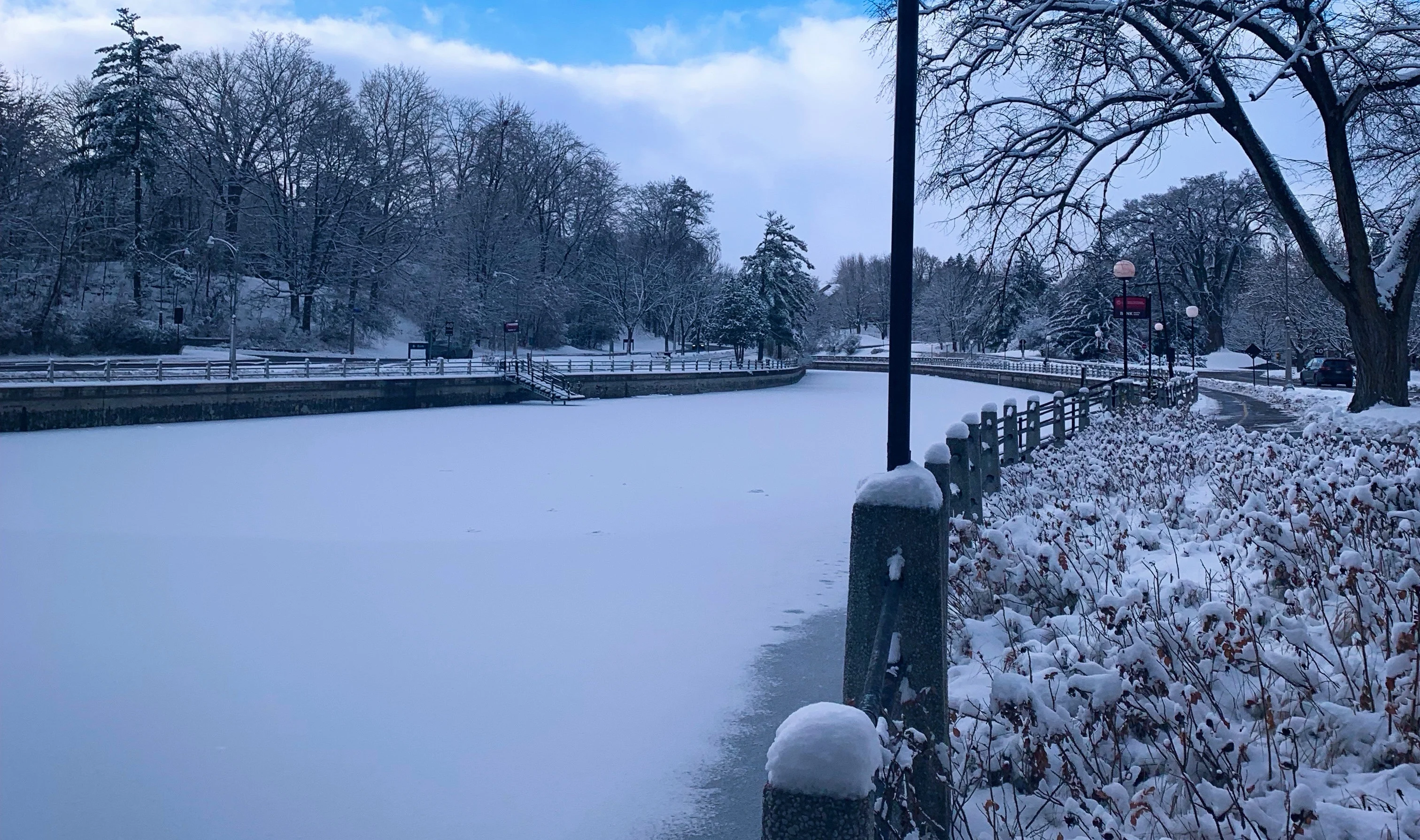
Snowstorms complicate hopes for Rideau Canal skating season
A decent temperature forecast should help thicken the ice on the Rideau Canal next week, but repeated snow dumps could delay efforts to open the skateway with Winterlude now three weeks away.
Shawn Kenny, an engineering professor at Carleton University, was out on Dows Lake this week taking measurements. He's finding the ice thickness varies between about 10 and 15 centimetres.
The ice needs to be at least 30 centimetres thick before the canal can open safely — and even thicker if the quality is poor.
Ottawa's temperature topped 0 C nine times in 14 days between Dec. 24 and Jan. 6. Kenny found the unusually warm weather didn't thin the ice, though it certainly didn't help thicken it: the measurements were about the same before and after Christmas.

Next week's forecast is bringing temperatures that should be favourable to ice formation, with nights at least –10 C, if not a few degrees colder, and daytime highs not much warmer than that –10 C benchmark.
"We are having below zero constant values, so that would bode well," Kenny said. "Under ideal conditions, without any influence of rain or snow, then that would be close to sufficient."
But conditions are not ideal.
Snow 'a very good insulator'
Ottawa's international airport recorded about 13 centimetres of snow Saturday and Sunday, then another nine centimetres Tuesday followed by freezing rain and rain.
Fifteen to 25 more centimetres of snow are forecast Friday night and Saturday morning.
Rain isn't great for freezing the ice, but snow is much worse.
"Snow is a very good insulator and it creates problems on the surface flooding techniques that are used," said Kenny.

He's also concerned that the snow could affect the quality of the ice.
"Prior to the snowstorm the ice quality was very good, mostly clear, some areas where it had white ice or snow ice, but predominantly pretty good quality," he said.
"Now it's going to be relatively poor."
The National Capital Commission (NCC) continues to monitor and assess ice conditions, according to spokesperson Sofia Benjelloun. She said the NCC was planning to flood the ice between the Pretoria Bridge and Concord Street on Thursday night.
"We will then reassess the conditions and next steps after the snow forecasted this weekend," she said.
Kenny won't venture any predictions for when the canal could be ready for skating, since another snowstorm would "throw a wrench in the mix again."
The skateway, a major cultural and tourism attraction for the area, didn't open last season for the first time in its now 53-year history. Mild, snowy and rainy weather was to blame, the NCC said.
WATCH: Rideau Canal Skateway didn't open in 2023 for the first time in its history
Turning to technology
Kenny and his students are looking at ways to conquer the snow through technology. They developed a snowblower robot that can venture onto the snow when it's too thin for humans.
In the future, they're considering fitting the robot with radar that could measure ice thickness at the same time.
RELATED: After 2023's astounding new global heat record, 2024 may be even worse
Those efforts are vital to preserving the canal as a skateway given that humans burning greenhouses gases have warmed the planet, disrupting weather patterns.
Canada is on average nearly two degrees warmer than it was 75 years ago and climate change is likely to make Ottawa winters both warmer and wetter.
According to an NCC report, February starts to the skateway season could become the norm, while skating seasons of 40 days or more will become the exception by 2050.
"As climate change continues, if we see more frequent mixtures of snow and rain events, then that will guide us toward different adaptation strategies than if we have a lower emissions scenario," said Kenny.
Header image courtesy of Janet Stephens.
This article, written by Arthur White-Crummey, was originally published by CBC News on January 12, 2024.






